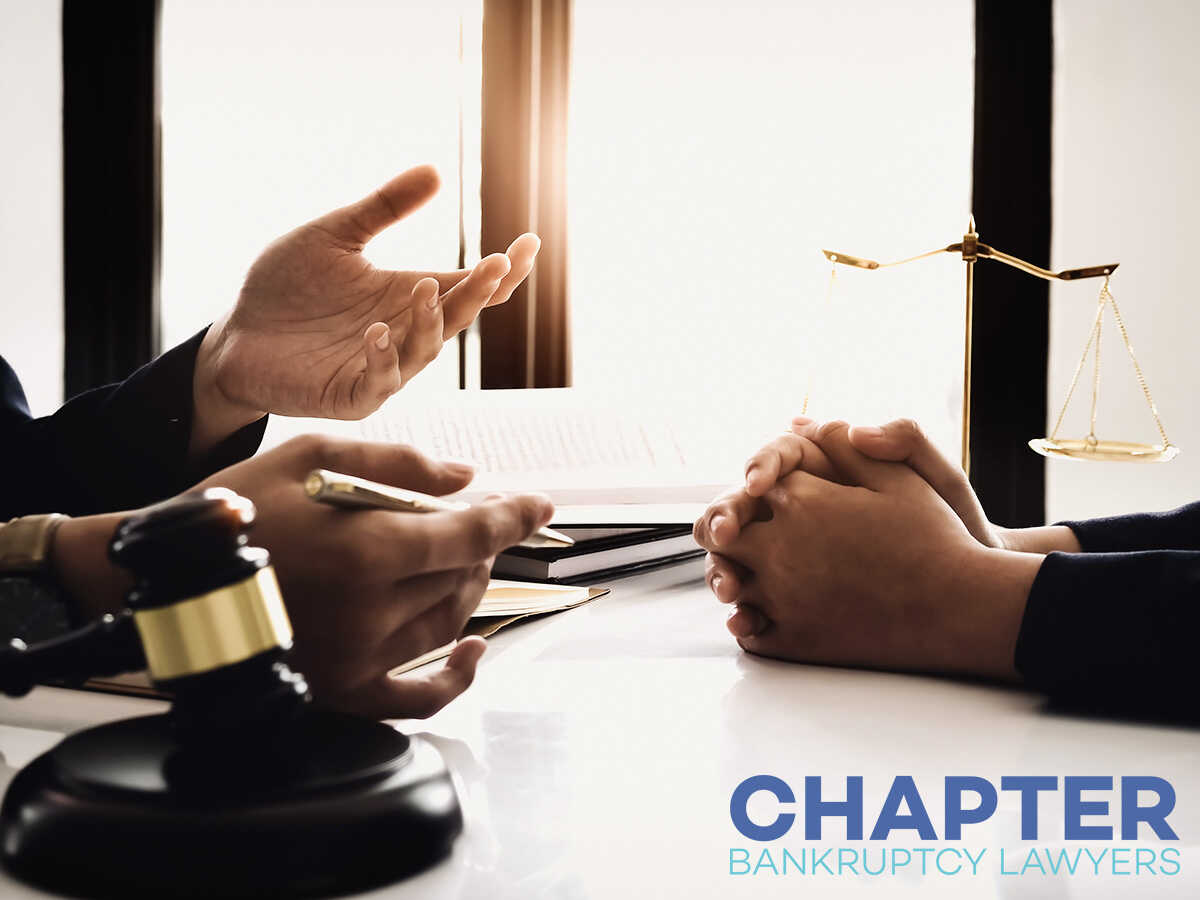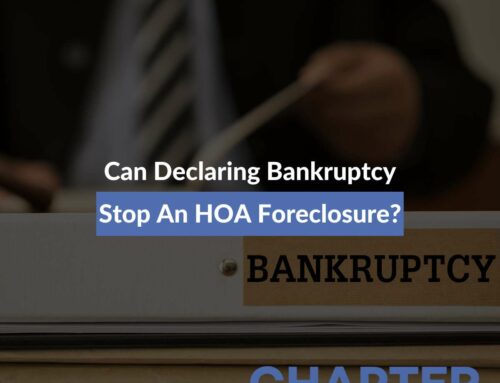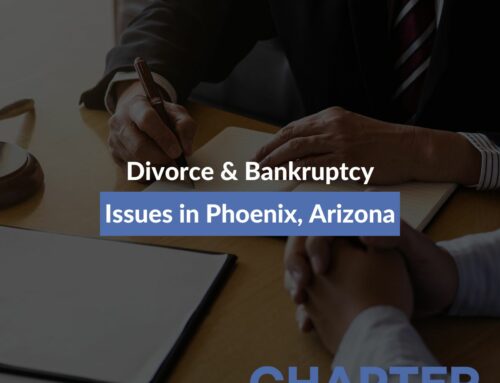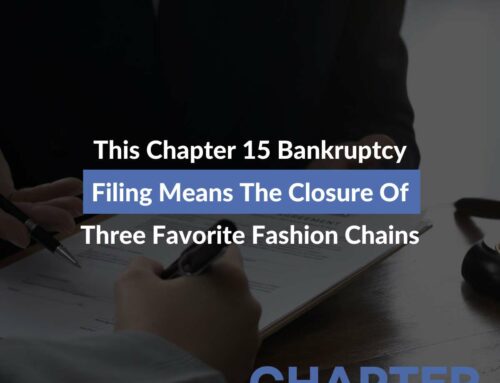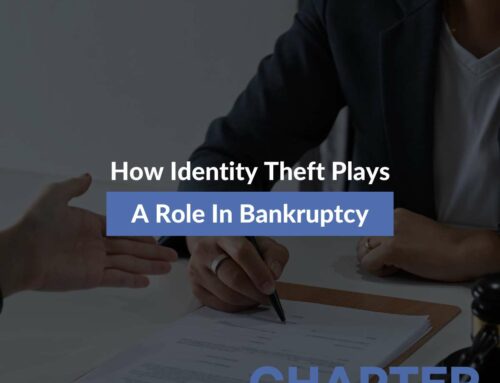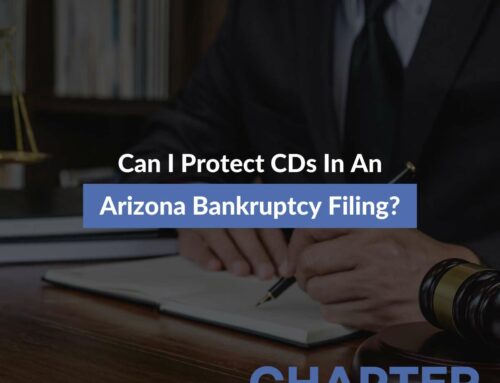Tempe Bankruptcy Attorneys Explain How To Build Credit After Filing For Bankruptcy In Arizona
One of our clients’ main concerns while making the decision on filing bankruptcy is what bankruptcy will do to their credit scores. The immediate effect bankruptcy has on your credit largely depends on the state of your credit when your bankruptcy is filed. What happens to your credit after your bankruptcy is discharged, on the other hand, is more within your control.
Remain Current On Debts That Weren’t Discharged In Your Bankruptcy: Student Loans & Child Support
Some debts, like student loans and child support, won’t be discharged in your bankruptcy. Bankruptcy should have provided you an opportunity to catch up on these payments, especially if you filed Chapter 13. However, your payment amount may be altered during your bankruptcy. Confirm with your Mesa chapter bankruptcy lawyer what your new payment will be after your bankruptcy is discharged, and do your best to make full and timely payments. Paying more than the minimum monthly payment will help you work down the balance faster. This improves your debt to income ratio, which in turn improves your credit score.
Request a Secured Credit Card
Secured credit cards are a great way to work on your credit after bankruptcy, without the risk of incurring significant new debts. Your current bank may offer secured credit cards, or you can apply for them with outside lenders. With a secured credit card, you will pay a deposit equal to your credit limit. For example, a $1,500 deposit should get you a secured credit card with a $1,500 limit. If you continue to make your full payments on time, your secured credit card provider may increase your limit or offer you a traditional credit card.
Ask Someone To Cosign Your Loan
Some lenders will be hesitant to finance you after bankruptcy, and are more willing to proceed if you have a cosigner. You may even be able to obtain more favorable interest rates and other benefits with a cosigner. However, your cosigner will be liable if you fail to pay off the debt. Your timely payments will improve your credit score, and keep your cosigner’s score safe.
Become An Authorized User On a Credit Card
You may have a loved one who is willing to add you as an authorized user to one or more of their lines of credit. When timely payments are made by either of you on this account, it will boost your credit score. It will also increase your overall available credit, and may decrease your credit utilization. You can even be added to old credit cards with a zero balance, never use them, and see your score increase.
Trade In Your Car
If you are dissatisfied with either the condition or cost of your current vehicle, bankruptcy is an opportunity to resolve this issue. You can surrender a financed vehicle that has proven to be out of your budget when you declare bankruptcy. If your paid in full vehicle was protected by exemptions in a Chapter 7 bankruptcy, it’s probably due for significant repairs or an upgrade. If you continue financing a vehicle after your bankruptcy, you should be aware that your lender is no longer required to report positive payments after bankruptcy. However, the lender can continue reporting negative marks on your credit when you make late payments.
Many people assume they won’t be able to finance a vehicle for a considerable length of time after their bankruptcy has been discharged. While you must wait 2 years to qualify for most home loans after bankruptcy, the same can’t be said for auto loans. Many of our clients qualify for an auto loan just a few days after filing their bankruptcy petitions. Lenders that finance your vehicle after your bankruptcy are required to report positive marks on your credit, unlike financed vehicles you retain through bankruptcy. Be sure you only open this new line of credit if you are sure you can afford your new vehicle payments- you will be disqualified from filing bankruptcy again for a certain number of years, depending on the chapter you file.
New Credit Cards: Avoid Credit Card Debt After Bankruptcy
Don’t fall into the trap of accruing out of control credit card debt after bankruptcy. While new credit cards can improve your credit score, there are certain things you should be extra cautious about after a bankruptcy discharge. If possible, you should pay off your entire balance each month. This ensures that you will have low credit utilization, or that you are only using a small percentage of your available credit. Ideally, you should keep your credit utilization below 30 percent. To prevent yourself from incurring an unmanageable balance, you should keep your credit cards on auto pay. This will also guarantee that your payments are timely, as paying even a day late can ding your credit score. You can pay your cards more than once per month, which can be helpful to remind yourself to do during more expensive months. You should also be wary about applying for too many credit cards, as several hard inquiries into your credit will cause your score to decrease.
Do Your Best To Keep Your Number Of Former Employers As Low As Possible
Quitting a job or starting a new one won’t have any direct impact on your credit score. However, your job history will be one of the factors that lenders consider when deciding whether to extend you a new line of credit after bankruptcy. Remaining with one employer increases the likelihood that the lender will extend you a favorable line of credit, which will help your credit score in the long run. Lenders generally look into the past two years of your job history.
Contact Our Experienced Chapter Bankruptcy Attorneys In Arizona Today
Whether your current credit score is good, mediocre, or poor, it’s important you know the steps you can take after bankruptcy to improve it. Our clients see dramatic improvements in their credit scores in the 12-18 months after bankruptcy discharge. Bankruptcy provides numerous benefits besides the opportunity to improve your credit. To learn more, call our office to schedule your free consultation today at (480) 405-1010. Our Mesa Chapter bankruptcy Lawyers can assist you with all of your debt relief needs.
Chapter Bankruptcy Lawyers
Mesa Office
3707 E Southern Ave
Mesa, AZ 85206
Phone: 480-405-1010
Email: [email protected]
Tempe Office
4500 S Lakeshore Dr #300
Tempe, AZ 85282
Phone: 480-562-6145
Email: [email protected]

